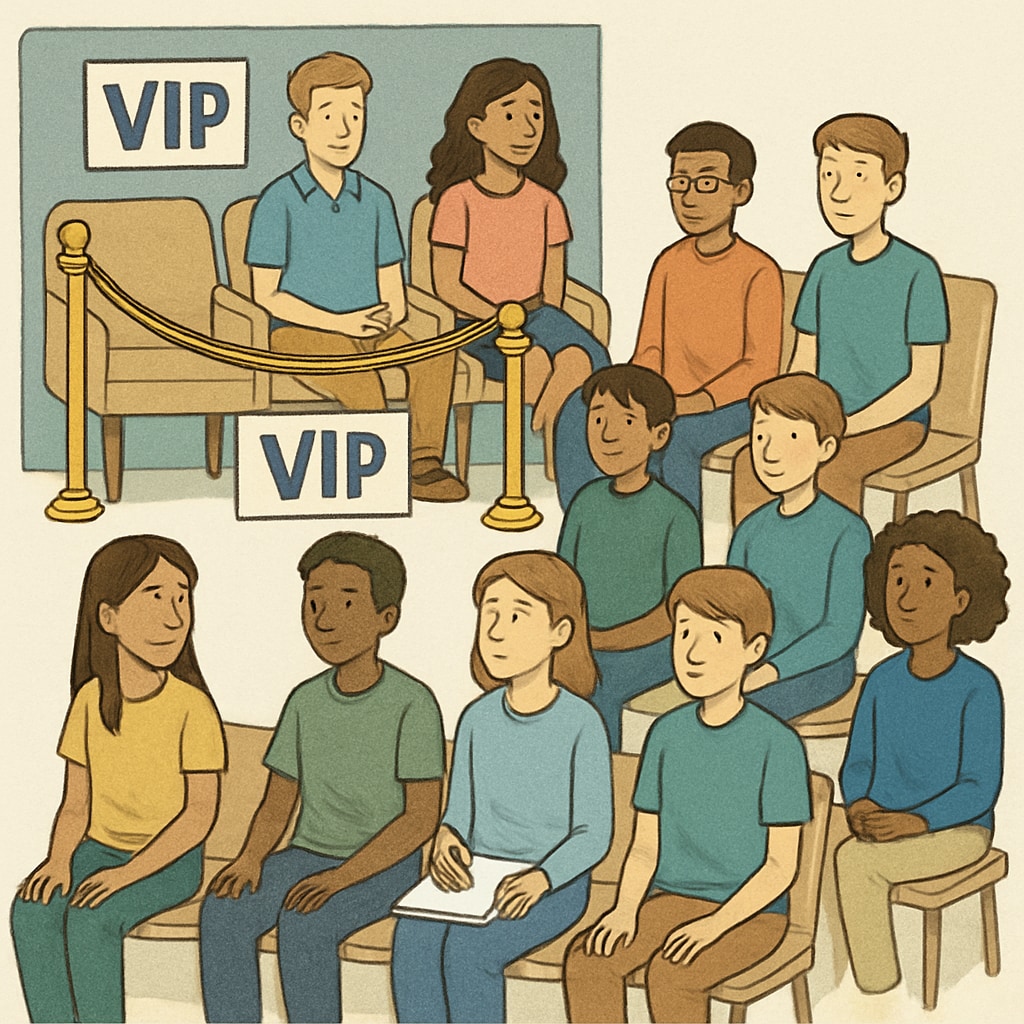School fundraising, privilege-based activities, and economic discrimination are becoming increasingly intertwined in modern education systems. Many schools, particularly private institutions or those in affluent areas, turn to fundraising as a way to supplement budgets or finance extra programs. However, a controversial practice has emerged: tying student privileges, such as access to exclusive activities or rewards, to the amount their families donate. This approach raises significant ethical questions about fairness and the values schools are teaching their students. Are we inadvertently reinforcing the idea that privilege is purchasable, even within the walls of educational institutions?
The Ethical Implications of Tying Privilege to Wealth
At first glance, the idea of incentivizing donations with rewards may seem harmless or even practical. After all, fundraising is often crucial for schools to maintain programs like arts, music, or sports. However, when rewards are structured in a way that creates a visible divide among students—such as VIP seating at events, priority access to extracurriculars, or special recognition ceremonies—it can create a culture of economic inequality within the school. Children from families unable to contribute as much may feel excluded or less valued.
From an ethical perspective, schools are meant to promote values like equality, inclusivity, and community. When financial contributions become a defining factor in a student’s school experience, it risks undermining these principles. It sends a subtle but impactful message: those with more money are more deserving of opportunity and recognition.

Long-term Effects on Students and School Culture
The consequences of such practices extend beyond the immediate fundraising period. For students, especially younger ones, these distinctions can shape their understanding of social hierarchies. They may begin to associate wealth with inherent worth or believe that access to privileges is a direct function of financial status. This perception, once ingrained, can perpetuate biases and widen socioeconomic divides in the long run.
Additionally, the school community as a whole may suffer. Instead of fostering a sense of unity and shared purpose, fundraising practices that highlight economic differences can lead to feelings of resentment or alienation among families. Parents who cannot afford to contribute at higher levels may feel embarrassed or less engaged, further fragmenting the school community.
How Schools Can Foster Fairer Fundraising Practices
So, how can schools balance the need for fundraising with the goal of creating an inclusive and supportive community? Here are some strategies to consider:
- Offer Non-Monetary Contributions: Encourage families to contribute time, skills, or other resources instead of focusing solely on monetary donations. For example, parents can volunteer at events, provide expertise, or donate goods.
- Make Rewards Inclusive: Instead of offering tiered privileges based on donation amounts, create incentives that benefit the entire student body. For instance, all students could participate in a special event funded by the campaign.
- Promote Transparency: Clearly communicate how fundraising proceeds will be used to benefit the school community as a whole. This builds trust and ensures that everyone feels their contributions—regardless of size—are valued.
- Focus on Collective Goals: Frame fundraising efforts around a shared vision, such as upgrading facilities or launching a new program, to emphasize community over competition.
By adopting these practices, schools can demonstrate that every family’s contributions—whether financial or otherwise—are meaningful and appreciated, thereby reducing the potential for economic discrimination.

Conclusion: A Lesson Beyond the Classroom
School fundraising, privilege-based activities, and economic discrimination are deeply connected in ways that may not be immediately apparent. By linking donations to exclusive privileges, schools risk teaching children a harmful lesson: that wealth determines worth. However, through thoughtful and inclusive fundraising strategies, schools can reinforce values of fairness, equality, and community, ensuring that every student feels valued regardless of their family’s financial circumstances. In the end, the most important lesson a school can teach is that privilege should stem from character and effort, not merely a bank account.
Readability guidance: Short paragraphs and lists summarize key points. Overused passive voice is avoided, and transitional phrases like “however,” “in addition,” and “for example” are used to maintain flow and clarity.


